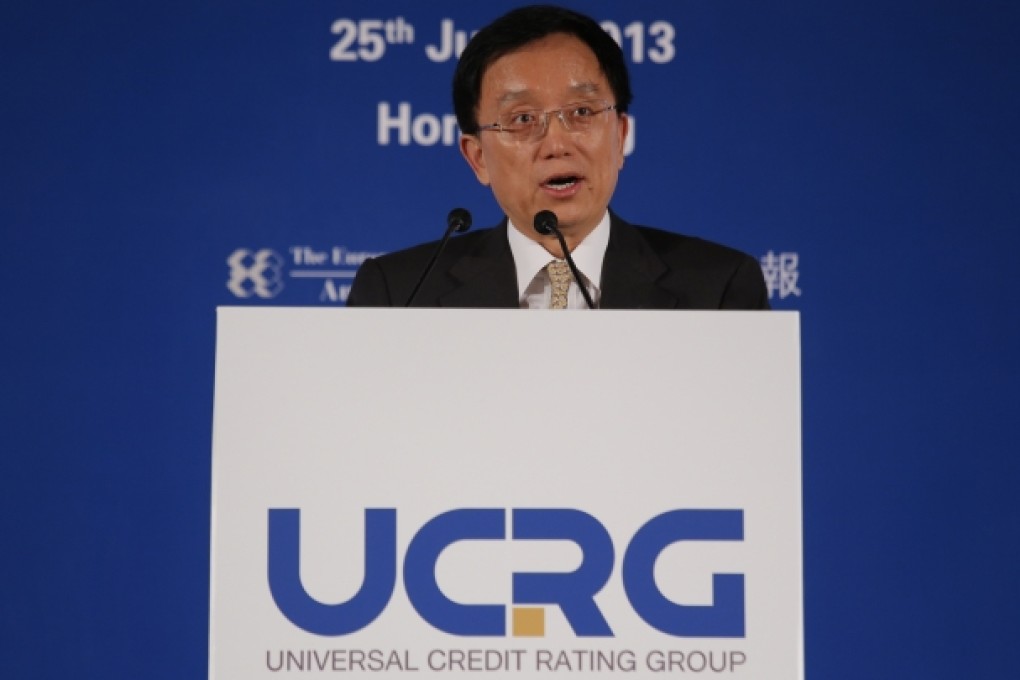New credit rating agency will bring needed competition
Donald Gasper hopes the HK-based group will raise industry standards

The opening in Hong Kong last week of Universal Credit Rating Group, a new ratings agency with Chinese, Russian and US partners, comes at a time when confidence in the dominant US-based agencies is at a low point.
Ratings agencies play an essential role in today's globalised financial sector. Their primary function is to assess what is safe to buy and what is not. Their researchers analyse anybody or anything that borrows money, whether that is a mortgage borrower, a company, a city or a country.
Sovereign ratings are particularly crucial. They assess a country's debt and its ability and willingness to repay it. A downgrading by even one point could have serious repercussions; a country, if downgraded, has to pay more to borrow money on the international markets. This means that less is available for expenditure on vital services such as roads and schools.
Sovereign downgrades have affected a number of European countries since the financial crisis that started in 2008.
Ever since the crisis broke out, critics of the big three US agencies - Moody's, Standard & Poor's and Fitch - have questioned their objectivity and pointed to their role in actually contributing to the meltdown. In 2011, the US Financial Crisis Inquiry Commission concluded: "This crisis could not have happened without the rating agencies."
Now damning new evidence has come to light which bears this conclusion out and shows that things are even worse than people had suspected. An upcoming issue of magazine cites a new trove of embarrassing documents, unearthed by the law firm Robbins Geller Rudman & Dowd in the course of lawsuits brought by institutional plaintiffs against Moody's and Standard & Poor's.
As a result of these documents, the magazine claims, we now know that these two companies "have for many years been shameless tools for the banks, willing to give just about everything a high rating in exchange for cash … In incriminating e-mail after incriminating e-mail, executives and analysts from these companies are caught admitting their entire business model is crooked."
